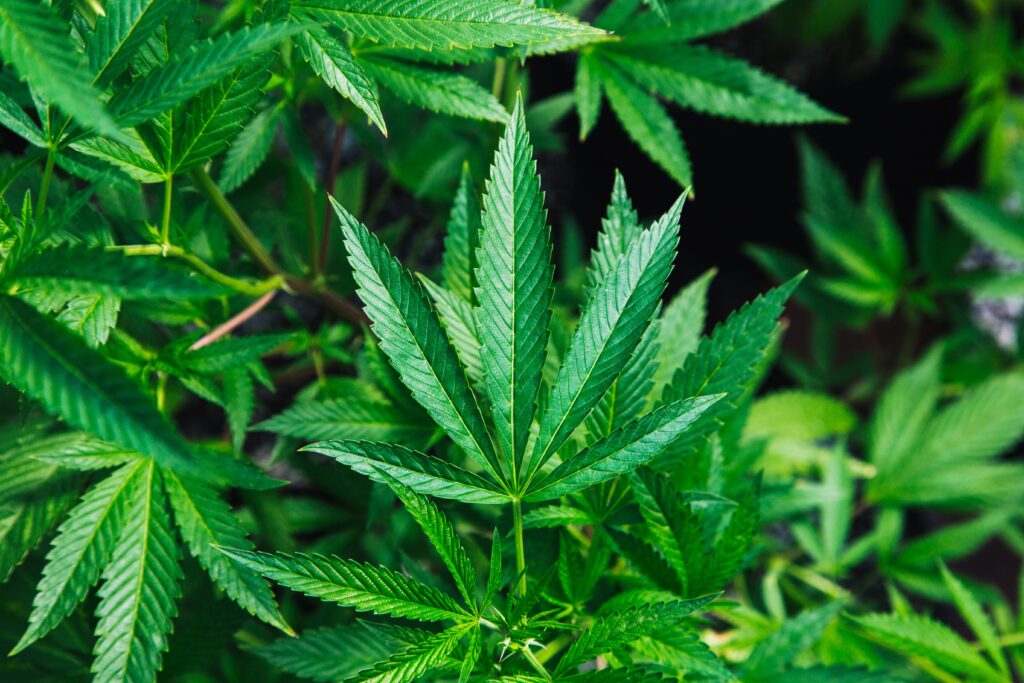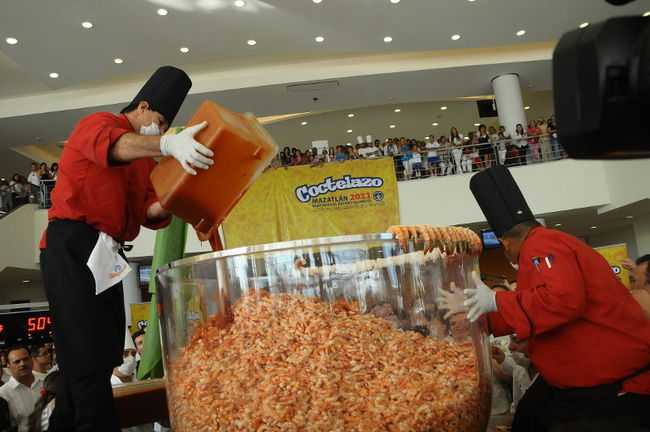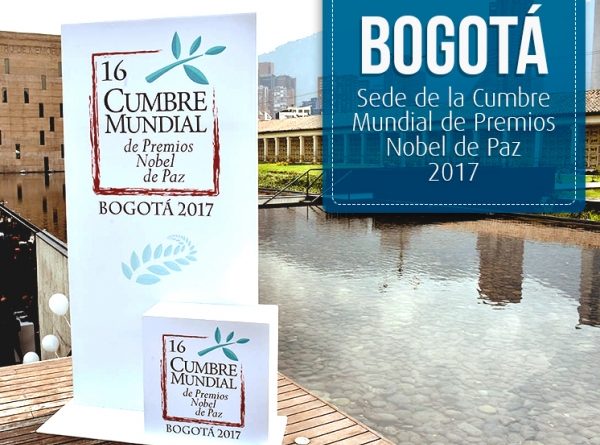Our regular roundup of Colombian news that went global.

With amigos like these?
A trend by Trump to bad-mouth Colombia drives Washington’s Latin American ally closer to China, warns Bloomberg. Bogotá is recalibrating its economic ties to the U.S. after recent outbursts from the White House and threats to “decertify” Colombia in the war on drugs. Meanwhile, Chinese consortiums are winning billion-dollar transport contracts planned for the capital. Last year, Trump said Colombia’s President Duque had “done nothing” for the U.S., throwing a decades-long interdependency under the (probably Chinese-built) bus.
Tram to beat the jam

Indeed, electric buses from China are busy in Medellín and in Cali. On this side of the mountains, Beijing-based engineering companies have been signed up to build the capital’s long-awaited elevated Metro, as well as the Regiotram de Occidente, a 43-kilometer tram-train line that could connect Facatativá with to the capital by 2023. According to China Dialogue, these mega-projects represent a “notable turnaround” in the relationship between China and Colombia, despite U.S. opposition.
Fin end of the wedge
And what does China get back from Colombia? Shark fin soup, according to Al Jazeera, highlighting the wasteful practice of fishing sharks for just their fins. After the fins are cut off, the sharks are often tossed back into the water to die slowly. Finning is technically banned in Colombian waters, and sharks supposedly protected by international treaties, but the trade goes on unabated.
Rotten rehab
Shocking video of psychiatric patients caged and chained to poles in Palmira, near Cali, surfaced on the U.K.’s Daily Mail website. State social workers rescued 105 patients from a private mental health institute whose staff now face charges of aggravated torture. Abuses included shackling vulnerable victims – including 17 minors – in an underground lair.
Hipp-overdose
Sorry folks, but Colombia’s hippos resurface on world media more regularly than they do in the Río Magdalena. So for those living in a cave the last decade, here’s a recap (as reported in CNET and Israel’s Haaretz): Colombian drug baron imports hippos to private zoo on huge ranch. Popular drug baron shot dead. Extremely violent semi-aquatic vegetarian mammals escape to tropical river, have baby hippos, scare locals. Scientists find the African invaders – now numbering 80 – are fuelling harmful algae blooms in nearby lakes. Population growth will go “exponentially skywards” claims the lead scientist. As will stories on Pablo’s hippos.
Mushroom for debate
Is the country’s science chief peddling quack cures? Nature magazine reported how newly appointed science minister Mabel Torres ruffled fellow scientists’ feathers by treating cancer patients with mushroom extract. The fungus expert was “not following the protocols” said Colombian boffins, now demanding data disclosure and full clinical trials. Torres says she is complementing science with what she calls “ancestral knowledge”.
Record high

Meanwhile, this year Colombia can legally cultivate a record 56 tonnes of ‘High-THC’ marihuana – the type that gets you high – says the International Drugs Control Board (IDCB). This should boil down to 560 kilos (or 65,000 doses) of psychoactive cannabis, according to Khiron Life Sciences, which grows the weed. The IDCB quota – representing 21% of the world allocation – affirms Colombia’s role as “one of the most important supply sources for the licensed global cannabis economy”, according to Finance Colombia. The UN body regulates High-THC for “legitimate medical and scientific purpose”. Who says science can’t be fun?





